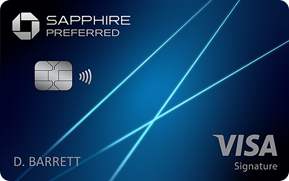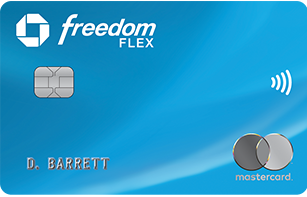The 5/24 Rule: What Is It and How Does It Affect You?
John Smith
July 4, 2025
7 min read
If you're interested in maximizing credit card rewards, you've probably heard of the Chase 5/24 rule. This unofficial but strictly enforced policy can make or break your strategy for earning points and miles. Understanding how it works—and how to plan around it—is essential for anyone serious about travel rewards.
What Is the 5/24 Rule?
- The 5/24 rule means Chase will automatically deny your application for most of their credit cards if you have opened five or more personal credit cards (from any bank) in the past 24 months.
- It applies to most Chase-branded cards, including Sapphire, Freedom, Ink, and co-branded cards (e.g., Southwest, United).
- The rule exists to limit "churners"—people who open cards just for the sign-up bonus.
Which Cards Count Toward 5/24?
- Personal credit cards: All personal cards from any issuer count, not just Chase.
- Authorized user cards: These usually count, even if you're not the primary account holder (though you can sometimes get them excluded by calling reconsideration).
- Business cards: Most business cards do not count, unless they report to your personal credit (e.g., Capital One, Discover).
- Store cards: If they appear on your personal credit report, they count.
How to Check Your 5/24 Status
- Get a copy of your credit report from AnnualCreditReport.com.
- Count all personal credit cards opened in the last 24 months (exclude most business cards).
- Include authorized user cards, but know you may be able to explain them away if needed.
- Use a spreadsheet or app to track your card openings and dates.
How to Manage the 5/24 Rule
- Prioritize Chase cards first if you're starting out—get the ones you want before going over 5/24.
- Space out your applications and keep track of your status.
- Consider business cards from issuers that don't report to personal credit (e.g., Amex, Chase, Citi) to avoid adding to your 5/24 count.
- Plan ahead for big sign-up bonuses or limited-time offers.
Exceptions and Workarounds
- Some targeted pre-approvals or in-branch offers may bypass 5/24, but this is rare.
- Product changes (switching from one Chase card to another) do not count as a new account.
- Authorized user cards can sometimes be excluded by calling Chase reconsideration and explaining you're not financially responsible.
Common Mistakes to Avoid
- Applying for non-Chase cards first and missing out on Chase's best offers.
- Not tracking your card openings and going over 5/24 by accident.
- Assuming all business cards don't count—some do!
- Ignoring authorized user cards in your count.
- Applying for multiple cards in a short period and triggering denials.
FAQs
- Does closing cards affect my 5/24 status? No, only the opening date matters.
- Do charge cards (like Amex Platinum) count? Yes, if they appear on your personal credit report.
- Can I get a Chase business card if I'm over 5/24? Usually not, unless you have a targeted pre-approval.
- How long do I have to wait to fall under 5/24? As soon as your oldest card opened within the last 24 months hits 24 months old, you drop by one.
- Can I appeal a denial due to 5/24? No, Chase is strict, but you can call reconsideration for other reasons (like authorized user cards).
The 5/24 rule is a key part of any long-term credit card rewards strategy. By understanding and planning around it, you can unlock some of the most valuable cards and bonuses in the industry. Track your status, plan your applications, and you'll stay ahead of the game!


